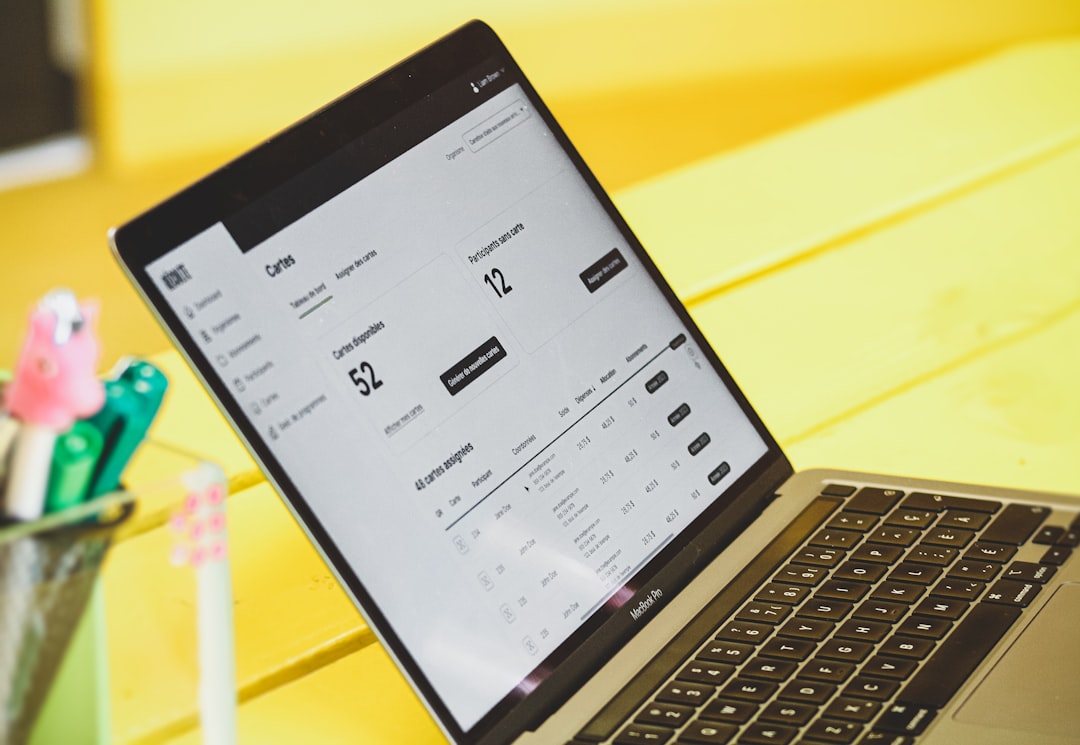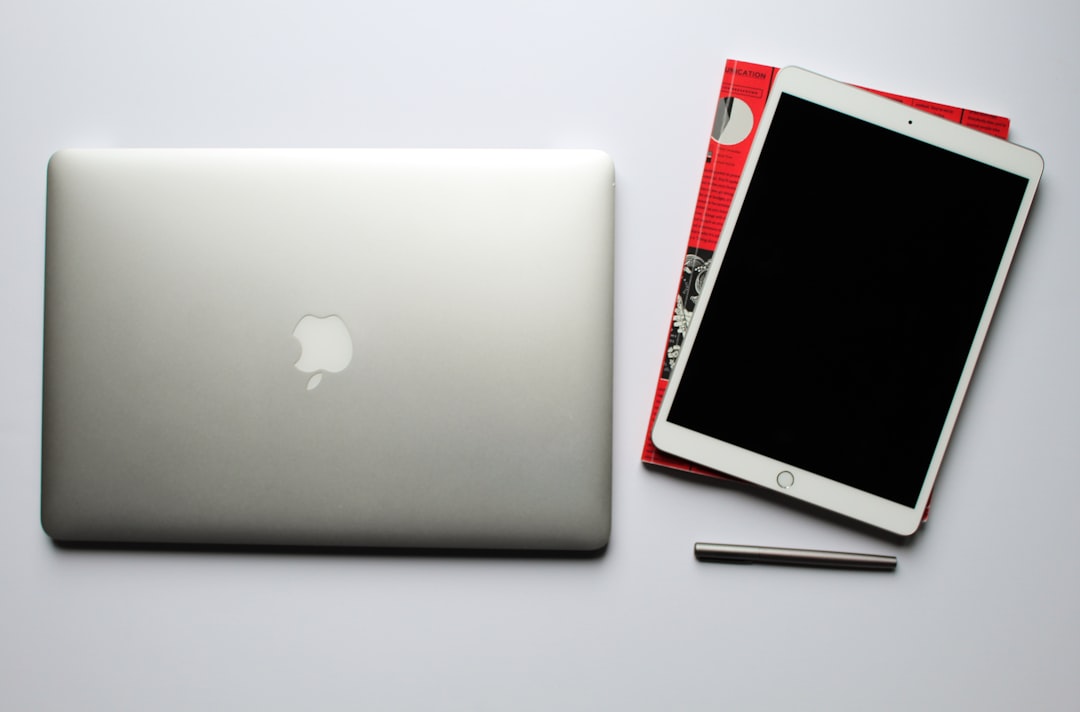In 2025, the decision between choosing a Chromebook or a budget Windows laptop remains a significant one for students, professionals, and everyday users alike. While both platforms have matured considerably in the past few years, there are key differences that could sway your purchase depending on your needs. This guide will help you make an informed decision by directly comparing Chromebooks with budget Windows laptops in terms of cost, performance, software compatibility, security, and more.
Price vs. Value: What Are You Really Getting?
One of the biggest driving factors behind selecting either a Chromebook or a budget Windows laptop is the cost. At face value, both appear attractively priced, often under $400. However, it’s crucial to consider what you’re really getting for your money.
- Chromebooks: Most Chromebooks use lightweight hardware: lower-end Intel processors, minimal RAM (4GB–8GB), and limited local storage (32GB–128GB). While this keeps cost low, Chrome OS is highly optimized to operate efficiently under these conditions.
- Budget Windows Laptops: Entry-level Windows machines often feature similar low-end specs, but Windows 11 is more demanding. As a result, you may experience slower performance unless you’re using models at the higher end of the “budget” range, closer to $500.
In essence, a $300 Chromebook may feel snappier than a $300 Windows laptop, making Chromebooks a better value if performance per dollar is your priority.
Performance and Usability in the Real World
Performance isn’t only tied to hardware—it’s also about software optimization. Chrome OS is designed to work with minimal resources, while Windows 11 requires more CPU and memory for smooth operation.
Tasks such as email, web browsing, streaming, and Google Docs usage are straightforward for Chromebooks. Windows machines, on the other hand, shine when you’re using third-party applications, multitasking heavily, or working offline in complex environments such as heavy Excel usage or media editing.
Responsiveness Test
When tested side by side:
- Chromebooks boot faster—within seconds.
- Low-end Windows laptops can take 30–60 seconds or more to become usable.
- Web apps perform comparably across both once open, but local software runs significantly better on Windows due to native application support.
Overall performance is context-sensitive. Chromebooks excel in online environments with optimized software, while Windows laptops provide superior flexibility but at the cost of sometimes sluggish performance in the budget segment.

Software Compatibility: Online vs Offline
This is perhaps the clearest divide between the two platforms. Chrome OS is built around Google’s ecosystem—Gmail, Google Drive, Google Docs, and the Chrome browser. Many Chromebooks can now run Android apps and some Linux programs, but they still lack the complete functionality of a traditional desktop system.
Windows machines run legacy software natively, which means full compatibility with programs like:
- Microsoft Office (including advanced Excel macros)
- Adobe Creative Cloud
- Wide variety of business and educational software
If your workflow depends on specific desktop applications, a budget Windows laptop is likely the better choice. However, for light users, students relying heavily on Google’s tools, or those who stay in the cloud, Chromebooks will suffice—and may even offer better reliability.
Security and Updates
This is one area where Chromebooks consistently outperform. Thanks to Chrome OS’s lightweight architecture and automated update system, Chromebooks are remarkably secure—even in shared environments like classrooms.
- Chromebooks: Security updates roll out automatically in the background, and the OS features a built-in verified boot system that prevents malware infections.
- Windows: Microsoft has made strides in security with Windows 11, yet it is still vulnerable thanks to legacy software, driver dependencies, and frequent user errors. Antivirus software is a necessity.
If ease of maintenance and worry-free updates are priorities, a Chromebook is clearly ahead.
Battery Life and Portability
Battery life can make or break a mobile experience, especially for users who rely on their device throughout the day, such as students and traveling professionals.
Thanks to their stripped-down hardware and optimization, Chromebooks often deliver significantly longer battery life. While most budget Windows laptops offer 6–8 hours of use on average, many Chromebooks boast 10–14 hours on a single charge.

Also, Chromebooks are often lighter and more compact, making them easier to carry around. This is particularly attractive for frequent commuters and younger students.
Storage and Cloud Integration
Most Chromebooks come with relatively small local storage—typically 64GB—but they are designed to work with Google Drive and other cloud services. This emphasis on cloud storage may be great for users who are always online and don’t want to manage files locally.
In contrast, even budget Windows laptops usually include 128GB to 256GB of SSD storage and provide the flexibility of working offline with extensive file access. Users who need to store large applications, datasets, or multimedia projects will appreciate the higher local capacity Windows offers.
User Experience and Community Support
Both systems have grown user-friendly, but the experience differs significantly based on user expectations and habits.
- Chromebooks: Simplicity is the biggest strength. The interface is clean, updates are automatic, and there’s little that can go wrong. Great for those who prefer “it just works” systems.
- Windows: Offers deeper customization, extensive software support, and a global user base for community troubleshooting. However, problems may require more technical know-how to resolve.
Consider who will be using the device. If it’s for a younger user or someone new to tech, Chromebooks offer a more intuitive experience. Power users and tinkerers will feel more at home on Windows.
Verdict: Which Should You Choose in 2025?
There’s no one-size-fits-all answer. The right choice between a Chromebook and a budget Windows laptop depends on what you prioritize.
Choose a Chromebook if:
- You spend most of your time using web-based apps and services
- You value fast performance in a low-cost device
- Security and long battery life are important to you
- You require a low-maintenance system
Choose a Budget Windows Laptop if:
- You need to use advanced desktop software like Adobe, Autodesk, or Office macros
- You prefer working offline with a large library of files or apps
- You plan to game or use external peripherals demanding Windows support
- You want more storage and upgrade flexibility
Ultimately, Chromebooks win in simplicity, speed, and security on a budget, while Windows laptops offer more versatility and software compatibility. For users rooted in Google’s ecosystem or needing a general-use, web-first device, a Chromebook in 2025 is an increasingly capable and reliable option. For everyone else, investing slightly more in a higher-spec Windows laptop may offer greater long-term value and flexibility.

